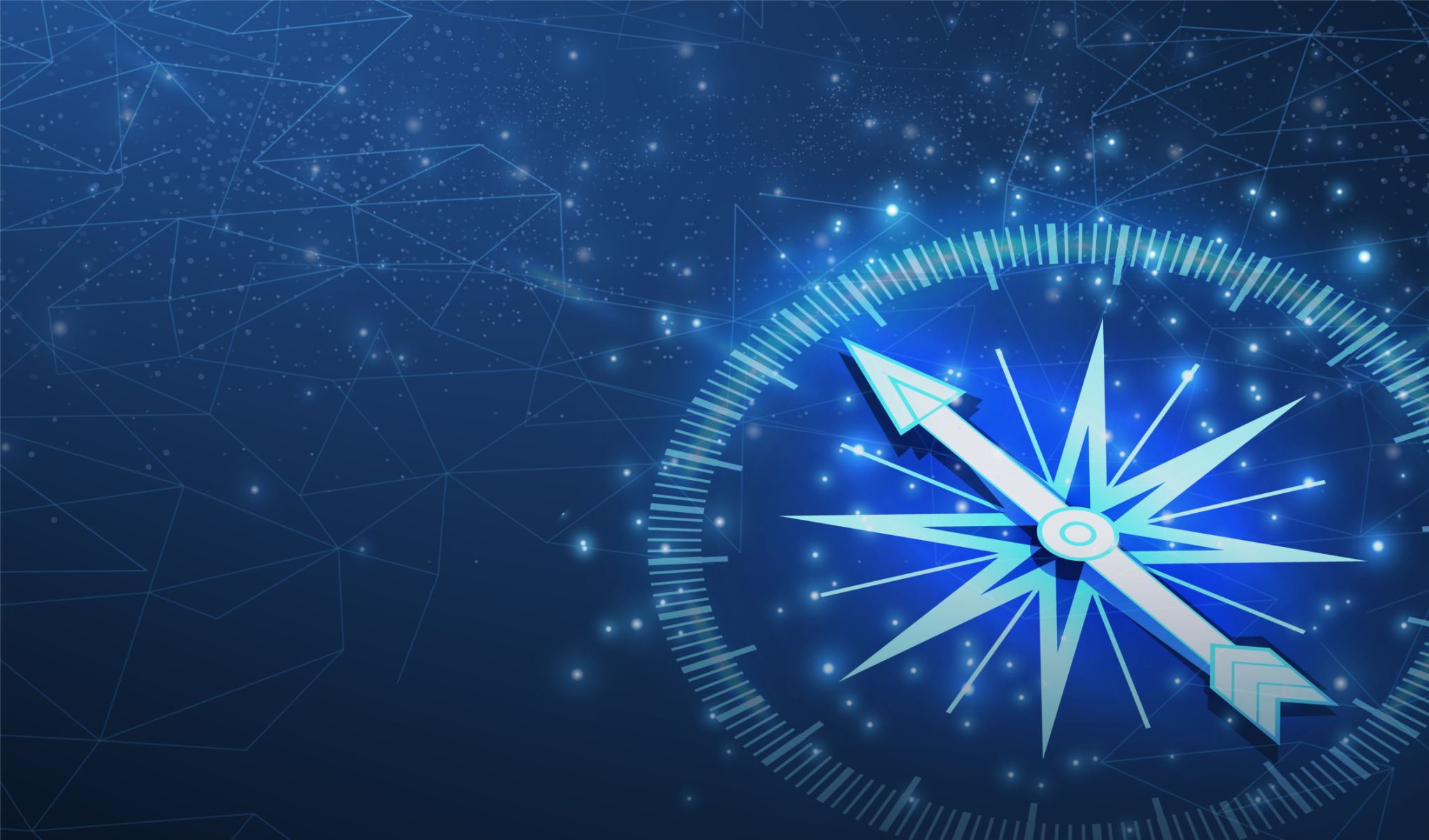Navigating the Future: How AI is Shaping the Boating Industry
The Rise of AI in the Boating Industry
Artificial Intelligence (AI) is revolutionizing industries across the globe, and the boating industry is no exception. From enhancing navigation systems to improving safety, AI is paving the way for a more advanced and efficient maritime experience. As technology continues to evolve, boat manufacturers and enthusiasts alike are discovering new ways to integrate AI into their vessels.
One of the most significant impacts of AI in the boating industry is its ability to optimize navigation. AI-powered systems are capable of analyzing real-time data from various sources, such as weather patterns, ocean currents, and traffic conditions. This allows for more accurate route planning and fuel efficiency, ultimately leading to a smoother and safer journey.

Enhancing Safety at Sea
Safety is paramount in the boating industry, and AI is playing a crucial role in enhancing onboard safety measures. AI technologies are being used to develop advanced monitoring systems that can detect potential hazards before they become critical. These systems can alert crew members to changes in weather conditions or obstacles in the vessel's path, allowing for timely interventions.
Moreover, AI-driven predictive maintenance is transforming how boats are maintained. By continuously monitoring the performance of key components, AI can predict when a part is likely to fail and schedule maintenance before any breakdowns occur. This not only ensures the safety of passengers but also extends the lifespan of the vessel.

AI-Powered Automation and Connectivity
Automation is another area where AI is making waves in the boating industry. Modern vessels are increasingly equipped with automated systems that handle various tasks, such as autopilot navigation, engine control, and even docking procedures. These technologies reduce the workload on crew members, allowing them to focus on more critical tasks.
In addition, AI enhances connectivity onboard by integrating with smart devices and IoT systems. Passengers can enjoy a seamless digital experience, controlling entertainment systems, climate settings, and other amenities through voice commands or mobile apps. This level of connectivity not only enhances comfort but also contributes to an overall more enjoyable experience at sea.

Challenges and Opportunities
While AI presents numerous opportunities for the boating industry, it also brings certain challenges. Privacy and security concerns are paramount as vessels become increasingly connected. Ensuring that sensitive data is protected from cyber threats is crucial for maintaining trust among users.
Additionally, there is a need for skilled personnel who can operate and maintain these sophisticated AI systems. Training and education will play a vital role in preparing the workforce to adapt to these technological advancements. The industry must invest in developing comprehensive training programs to ensure a smooth transition into this new era of boating.
The Future of AI in Boating
The potential for AI in the boating industry is vast and largely untapped. As technology continues to advance, we can expect even more innovative applications that will redefine what it means to journey across waters. From autonomous vessels to enhanced eco-friendly practices, AI will continue to shape the future of boating.
For boat owners and manufacturers looking to stay ahead of the curve, embracing AI technologies is not just an option—it's a necessity. By integrating AI into their operations, they can ensure greater efficiency, safety, and enjoyment for all who set sail.

In conclusion, the integration of AI into the boating industry is transforming how we navigate and experience maritime adventures. As we navigate this exciting future, it's essential to remain informed and open to the possibilities that AI offers.